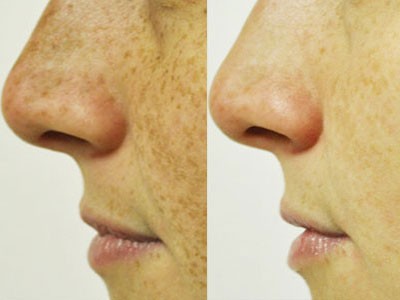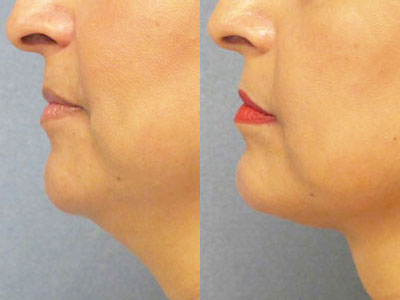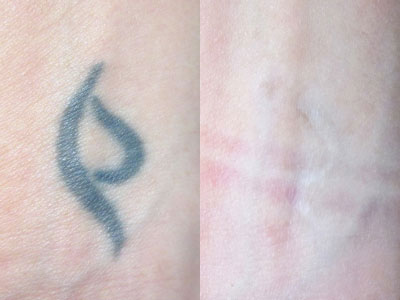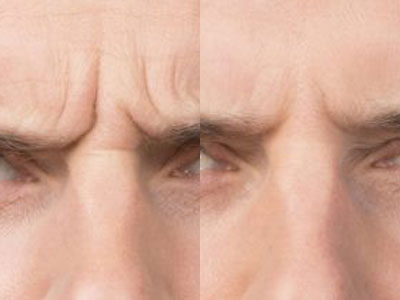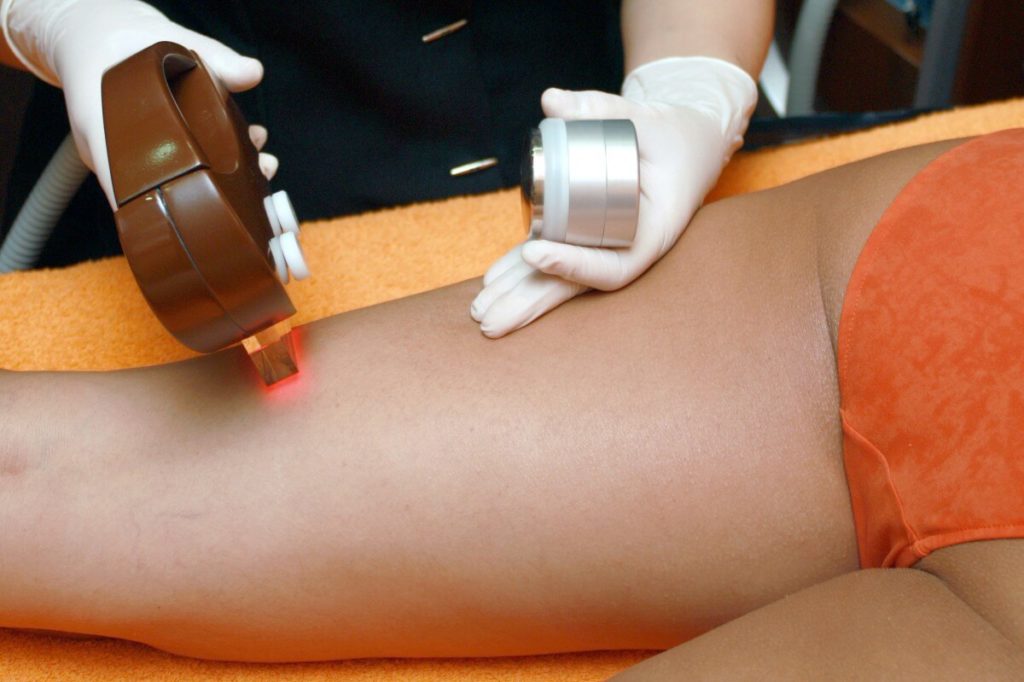The unwanted leg hair…
The unflattering back hair…
The hours spent shaving (and dreading having to shave)…
You’re excited that laser hair removal will remove more than just your hair. It’ll also remove insecurities with your appearance. It’ll remove hours of shaving. It’ll remove expensive razors and shaving equipment.
But, you’re worried about the side effects.
You’ve read some crazy claims that laser hair removal can increase risks of cancer, infertility, and more.
What’s true and what isn’t? This article will dive into the science of your laser hair removal procedure to let you know if it’s safe.
Common Side Effects and Concerns
You’re pumped about permanent hair removal, but you want to make sure that it’s safe.
There are many different hair removal methods, but the most common used today is called “laser genesis” – this is what the medical spas and hair removal clinics use. This process targets hair follicles and actually destroys them.
And there are 3 main side effect concerns that people have: 1) cancer, 2) infertility, and 3) pimples.
This section will share scientific evidence about the 3 common side effect concerns.
Cancer
You may have seen news headlines that look something like this:

But, are these headlines actually something to worry about? Can laser hair removal actually increase your risk of getting cancer?
Here’s what Heathline has to say about it:
“It’s a myth that laser hair removal can cause cancer. In fact, according to the Skin Care Foundation, the procedure is sometimes used to treat certain forms of precancerous lesions.”
So, why has there been such a buzz about laser hair removal and cancer?
The lasers used to treat unwanted hair do emit some radiation. And people often associate radiation with cancer.
But, recent data has shown that the radiation that is emitted during a laser hair removal treatment is minimal – much lower than what an average cell phone emits.
Infertility
The second most common side effect that women worry about is if laser hair removal can increase risks of infertility.
Women usually ask this question during bikini line treatments. They’re worried that the lasers can go deeper than just the treated area (the hair around the bikini line) and interfere with their ovaries.
Elizabeth Hale, a professor at NYU School of Medicine, commented on this topic. She says:
“The lasers we use penetrate less than one millimeter into the skin, so there’s no way they could reach your ovaries. But even if they did—which they never, ever could—they wouldn’t do anything, anyway. They work on pigment and have no bearing on fertility.”
Therefore, there’s nothing to worry about.
Pimples
Younger people who decide to get laser hair removal worry about it causing acne.
Will getting laser hair removal increase your likelihood of getting pimples?
There hasn’t been any official scientific research into this, but experts in the field have discussed it.
One expert shares how laser hair removal might actually DECREASE your risk for getting pimples. They claim that:
“Laser hair removal does not pull the hair from the skin, but rather is less invasive and uses light to target the hair follicle, to prevent further growth and eventually have the hair fall out. As a result, laser hair removal may result in a decrease in breakouts.”
This is not something that you should worry about. Laser hair removal has not been clinically shown to increase acne.
Are There Any Long Term Side Effects Of Laser Hair Removal?
Mayo Clinic, a highly respected medical institution, states that there are no known long-term side effects of laser hair removal.
In order to become legalized, laser hair removal had to be intensely studied in order to determine its long-term safety to our health.
But, there are known short-term, temporary side effects. Here are a few of those side effects:
Redness And Swelling
To effectively remove your unwanted hair, the laser has to target your hair follicles. During this process, the goal of the laser is to actually severely damage those hair follicles so that they’re not able to continue growing hair.
During this process of safely damaging your hair follicles, you may experience temporary redness and swelling.
Temporary Skin Color Changes
This all depends on your skin color.
We’ve seen that some patients that come in who have darker skin color may experience a lighter skin pigmentation following the procedure.
Those patients with lighter skin may experience a darker skin pigmentation following the procedure.
These changes in skin color can be exacerbated by sun exposure. That’s why we highly recommend that you avoid prolonged sun exposure following your treatment.


